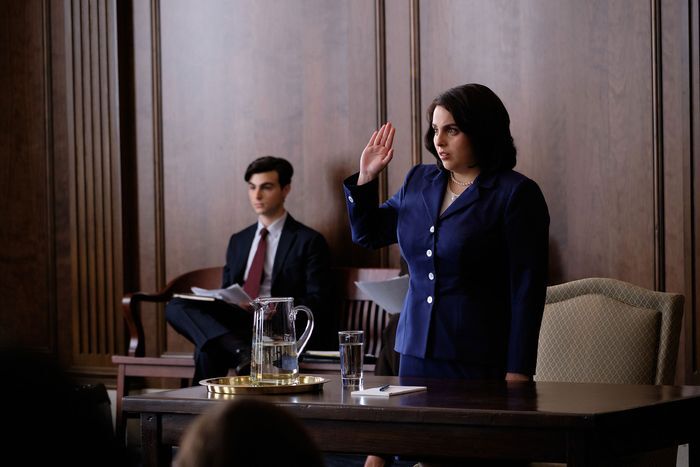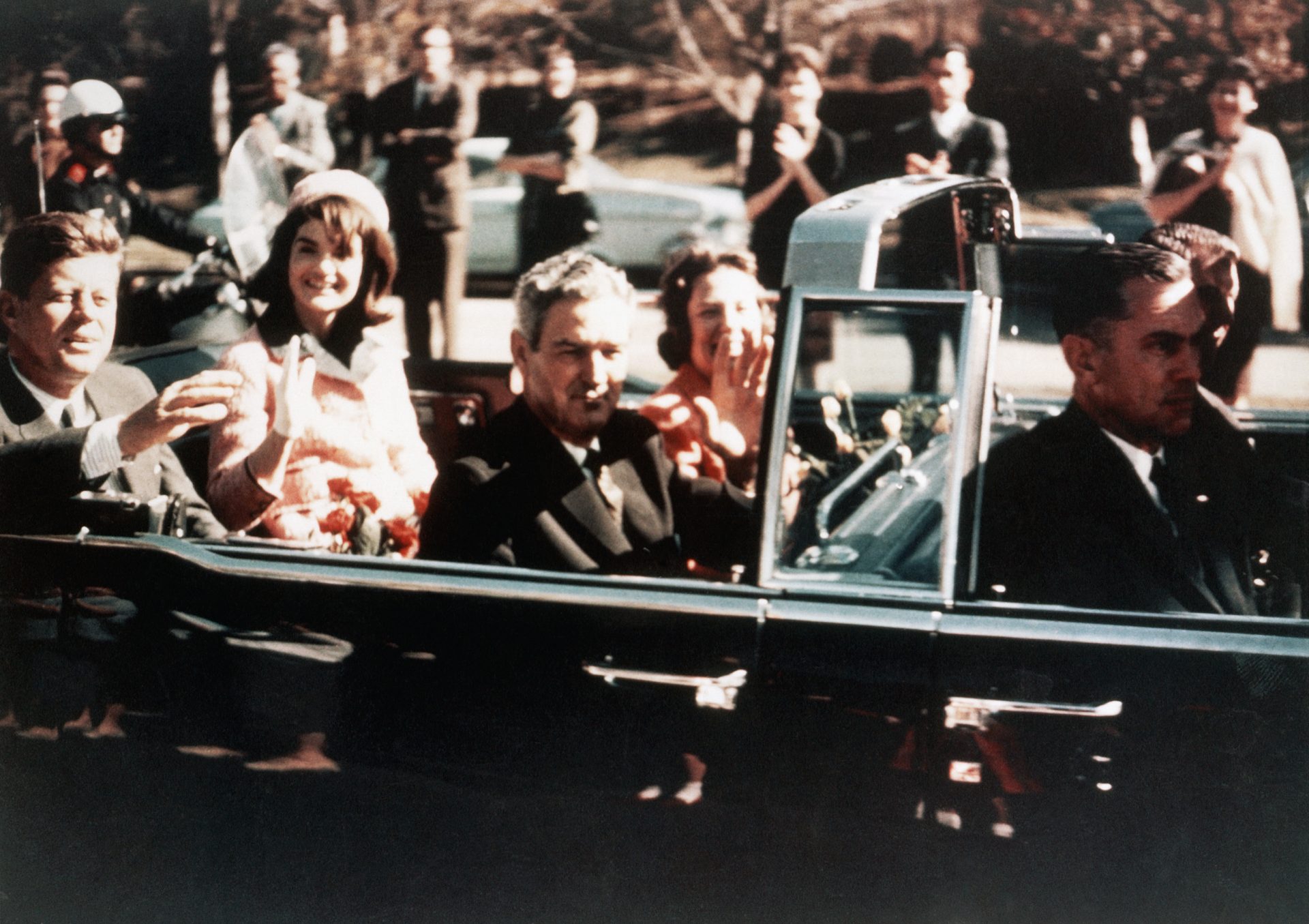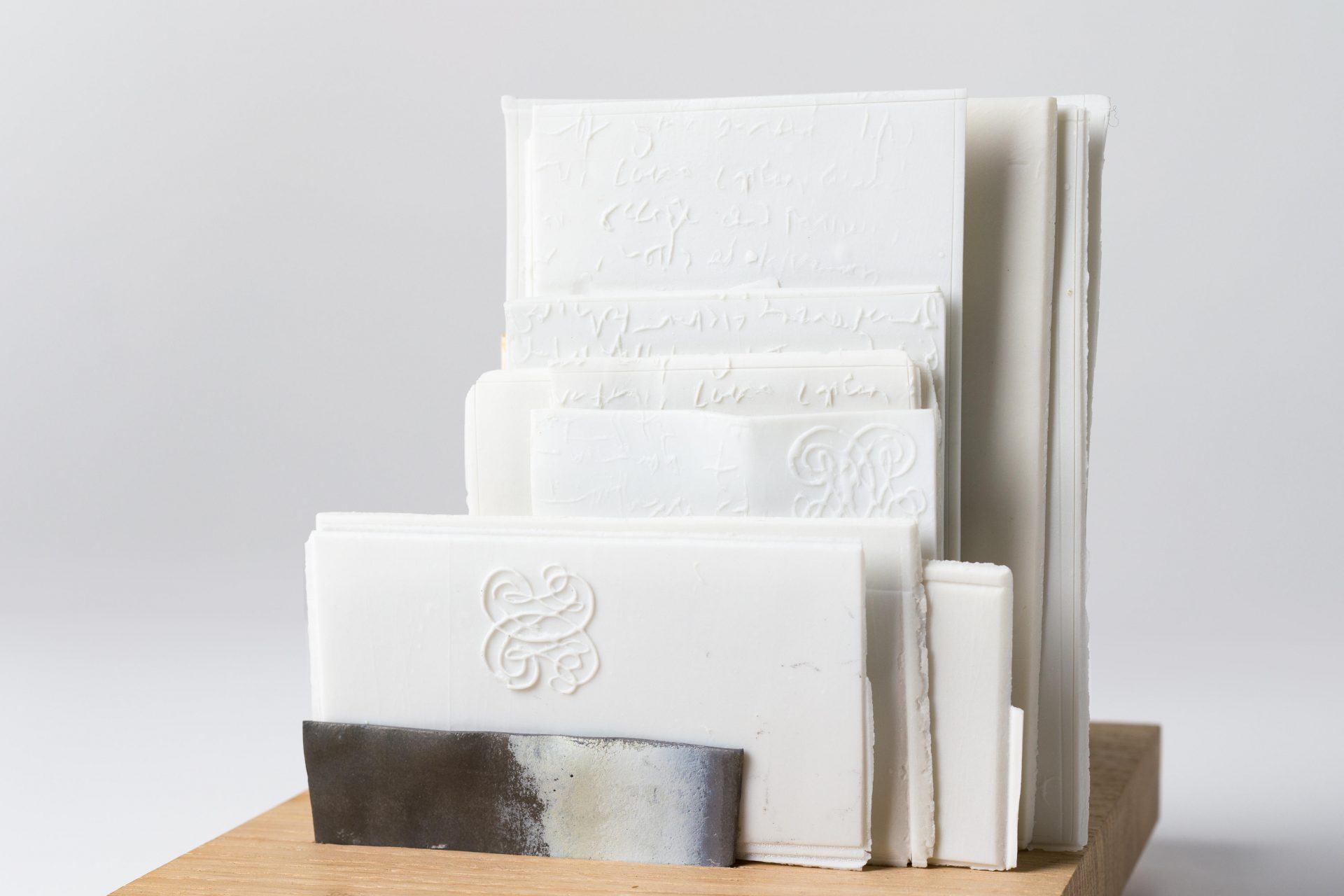Certain parts of the Bill Clinton and Monica Lewinsky affair seem – with the benefit of contemporary perspective – so odd, so different from the present, so plainly wrong, that watching Impeachment: American Crime Story can feel like watching science fiction.
It’s difficult to believe this show is set not much more than 20 years ago, that the real-life version took place in my lifetime. The impeachment hearings are one of the first news events I remember watching as a child, along with coverage of Princess Diana’s death.
Then, at seven, I was still not entirely clear on how marriage and divorce, and separation and infidelity all worked.
My parents were no longer together, but seemed friendly enough. Another member of our family had split from their partner, but in this divorce, there was the veiled suggestion of adultery, and I grew to think of one party as “the baddie” and one as “the goodie”.
When I saw Bill Clinton giving his infamous “I did not have sexual relations with that woman,” statement, I perceived that he might be sent to jail for the crime of cheating on his wife, which made perfect intuitive sense to me at the time. Clear as day, black and white.
Now, I find it all so interesting because of how muddy and complicated and grotty it all was. How could it have been possible to sadistically villainise and mock a young woman at the sharp end of the most grotesquely powerful system in the world? And yet it was also true that the same woman was compellingly and, yes, sometimes laughably deluded.
It was, furthermore, apparent that she was driven partially mad by the circumstances she stumbled into. The personal became the political, in not just in an abstract ideological sense but literally and materially as never before.
There is so much to grapple with in this story that it’s no wonder it has never let up its hold on the public imagination, and that it has now become this sometimes flawed but relentlessly juicy series made by Ryan Murphy.
Murphy is the titanically successful television mogul behind, among many other things, the anthology series American Horror Story and American Crime Story, Impeachment belonging to the latter. Both are intentionally camp to some degree, but where the aesthetic and stories of AHS are naturally suited to this style, ACS deals with real, if sensational, tragedies and so sometimes rings a tad deranged.
One of the funniest 10 seconds of recent telly in my book is when Cuba Gooding Jr., as O.J. Simpson, sitting in his car, says to his lawyer: “I can’t go to jail, Bobby,” before throwing his head back and letting out a bloodcurdling scream straight out of a slasher flick. Always entertaining, ACS often also seems deeply stupid in a way that is actually deeply calculated and cynical.
There are fewer histrionics in Impeachment than the previous ACS instalments (so far, anyway. BBC had shown up to episode six at the time of writing), less intentional stupidity, with the honourable exception of a now mildly notorious fat suit. Ah, the fat suit, what a shame, what a pointlessly odious little addition.
Sarah Paulson is the clear star of Murphy’s oeuvre, always impeccably sensitive, earnest and open when she needs to be, even in the midst of his circus, and terrifically funny and ironic when the moment is right.
I cannot say enough good things about her, could and will watch her in any old toot, but here she has been oppressively shrouded in her costuming.
Paulson plays Linda Tripp, the government employee, and supposedly a friend of Monica Lewinsky, who secretly recorded her divulgences and exposed her long-term affair to the public, semen stains and all.
Tripp was a dissatisfied, ageing single mother with a boiling hatred for the Clintons. She was also a somewhat (not particularly notably) fat woman, and a mutual obsession with dieting and weight loss helped her to bond with Monica (played here by Beanie Feldstein, an engaging mix of wild-eyed lust and increasingly manic devastation).
At least, this is how the modern eye perceives it. Perhaps back then the white noise of diet and weightloss culture was so pervasive that it didn’t even register as a particular point of common interest, but it does recur here with droning regularity.
This different cultural register, along with the different sexual mores, is part of what gives the show its strange, stuffy, dated quality. It’s a sort of heady, but boring, fever dream of Diet Cokes and treadmills and grapefruits and Weight Watchers and strained beetroot and cyclical, self-perpetuating self-criticism. It seems exhausting.
At least now the approach to bodies is not so completely monotonous and miserable.
This fear and loathing of not-thin bodies was part of how Lewinsky came to be consumed by the media and the public, her alleged sexual greed bound up in her perceived actual greed, a horrid recrimination for daring to be a woman who wanted anything at all.
Another striking point (which again feels far recessed into the past, but is perhaps less so than I might like to think) is the quite wilful discrepancy between Clinton’s intellectual acceptance of women in government, and his cruelty and mistreatment of those in his personal life. In one scene, the president (played by an almost unrecognisable Clive Owen) says he bets Kennedy never had to bear such scrutiny for his flirtations. He is mildly upbraided by a legal adviser, who remarks: “This isn’t the 1960s… things are changing for women.”
Clinton responds with revolting and genuine indignation by reciting the women in his Cabinet, as though his recognition of highly skilled professionals is some kind of heartrending right-on compassion, and cancels out his callous disregard for the women he desires physically.
Monica had the bad fortune to fall in love with this man. When we fall in love, it has the power to make us see the object of our feelings as the most important being in the world. Part of her tragedy was that in this case, Clinton actually was.
Impeachment shows on BBC2 on Tuesdays and is streaming on BBC iPlayer.




